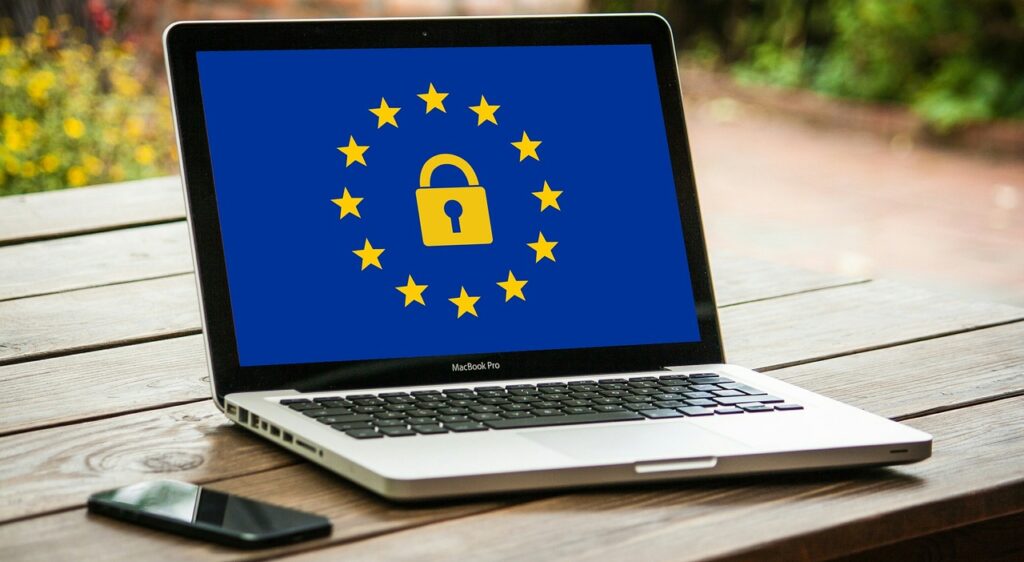GDPR and the Modern Journalist: The Importance of Data Protection Training
In an age where data privacy is of utmost importance, journalists face a unique set of challenges in navigating the complex landscape of data protection regulations. One of the most significant pieces of legislation in this regard is the European Union’s General Data Protection Regulation (GDPR), which has far-reaching implications for journalists worldwide. In this article, we will explore the impact of GDPR on journalists and the importance of proper training in data protection.
The GDPR, which came into effect in 2018, aims to protect the privacy rights of individuals by regulating the way organizations collect, process, and store personal data. While the GDPR is designed to safeguard personal information, its broad scope and stringent requirements can pose challenges for journalists who rely on accessing and processing data to conduct their work.
The nature of journalism often involves collecting and handling sensitive information about individuals, including witnesses, sources, and subjects of investigation. As a result, journalists must remain vigilant in their adherence to GDPR guidelines to ensure that their work is both legally compliant and ethically responsible.
One of the primary concerns for journalists under the GDPR is obtaining valid consent for processing personal data. This can be particularly challenging when dealing with whistleblowers and anonymous sources, as it may be difficult to obtain explicit consent without compromising the source’s identity. Additionally, journalists must ensure that any personal data they collect is securely stored and protected against unauthorized access.
To navigate these complexities, it is crucial for journalists to be well-versed in data protection regulations and undergo comprehensive training in GDPR compliance. This training will not only enable them to understand their legal obligations but also help them implement best practices for data protection in their everyday work.
Moreover, proper data protection training can help journalists build trust with their sources and readers. By demonstrating a commitment to data privacy, journalists can foster an environment in which individuals feel more comfortable sharing sensitive information, knowing that their personal data will be handled responsibly.
Furthermore, as the global landscape of data protection continues to evolve, with new legislation emerging in various jurisdictions, journalists must stay informed about the latest developments in order to maintain compliance. This underscores the importance of continuous education and training in data protection for media professionals.
In conclusion, the GDPR has a significant impact on the way journalists collect, process, and store personal data. It is essential for journalists to be well-trained in data protection principles to ensure that their work is legally compliant and ethically responsible. By investing in comprehensive GDPR training, journalists can better navigate the complex world of data privacy, foster trust with their sources and readers, and continue to uphold the highest standards of their profession.

